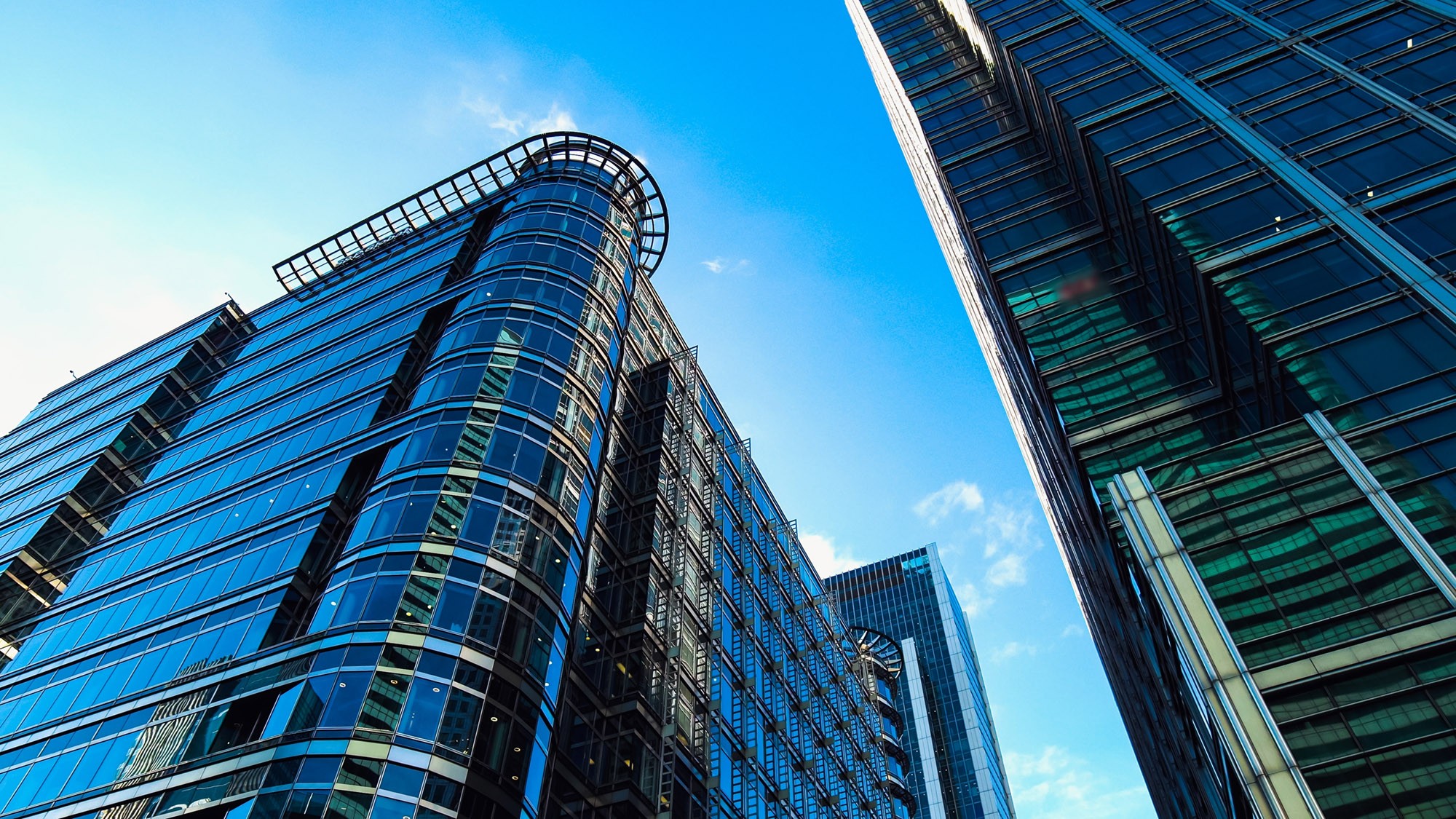
As an investor, it's essential to know the different types of commercial property and how they fit into the wider property market. Both investors and business can experience unique advantages with each commercial property category. These advantages depend on the location, usage, and market trends.
So, what exactly are the main types of commercial property, and why should they matter to you?
Let’s take a look at the different types of commercial property. You’ll be in a better place to make important investment decisions or find just the right place for your business armed with this useful knowledge.
Businesses of all shapes and sizes across all sectors need an office building. They’re one of the most common types of commercial properties we’ll see in this list and they offer a range of lease options and amenities too.
Types of Office Buildings:
Office buildings generally yield consistent rental income. They’re a solid property investment opportunity, especially in prime business districts.
Businesses that sell their products or services direct to consumers are generally found in retail spaces. This category includes small shops on the high street to massive shopping centres and everything in between…
Key Types of Retail Properties:
Traditionally retail properties have been a sound business investment. However, the growth of e-commerce has meant bricks and mortar shops have seen a huge decline. This has led to landlords and investors having to rethink how these spaces are utilised. Many are now being re-purposed for mixed-use developments.
Logistics and manufacturing businesses play a huge part in the country’s economic output. These types of businesses all need certain types of industrial property to ensure their successful futures. Properties such as factories, warehouses and distribution centres are integral to this category.
Types of Industrial Properties:
With the growth of e-commerce and the demand for quicker delivery times, industrial properties are now considered one of the most lucrative commercial property types.
Mixed-use developments combine different commercial property types into one facility. In these properties, you’ll find residential, retail, and office spaces. They’re usually situated in urban areas where space is at a premium or where retail space has become less popular.
Should You Invest in Mixed-Use Developments?
If you're looking for a versatile investment, mixed-use properties offer the potential for capital growth and stable rental yields.
Not all commercial property types are covered in office buildings, retail spaces, and industrial properties. There are other niche commercial property types worth considering:
Picking the right type of property isn’t the be-all and end-all of commercial property investment. If you’re considering a move into this sector then you’ll need to seriously think about location, tenant demand and lease agreements.
Recent trends in the commercial property market are really reshaping how properties are used. Let’s take a look at some of these shifts:

When considering a leap into the commercial property market you’ll need to balance out the opportunities and potential challenges.
Rules and Regulations: Planning permission regulations can limit what you can do with a property. You’ll certainly see this if you're looking at new developments or if you’re trying to change the use of a property in a city or town centre. To make sure you don’t fall foul of the law, always consult with local councils or property consultants before making major decisions.
Market Volatility: While some sectors (like industrial properties) are booming, others (like high street retail) have seen a downturn due to the rise of online shopping. Get to know your market trends before making any big investment decisions.
Long-Term Investment Strategies: Commercial property is a long game. Rental yields can be attractive, but market shifts and economic cycles mean that investors need to stay on top of changes in tenant demand and property values.
We hope we’ve given you some solid details to help you make an informed decision about how you want to take your first steps into commercial property investment. So, whether you’re looking to invest in office buildings, retail spaces, or the growing sector of mixed-use developments, you have the knowledge of the different commercial property types.
Return to Blog sectionIf you are looking for Estate Agents local to the Halstead, Braintree and Sudbury area please contact us on
01787 477559 or info@oswick.co.uk
to see how we can help.